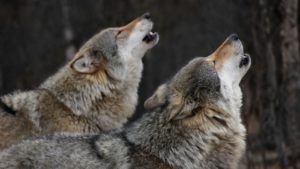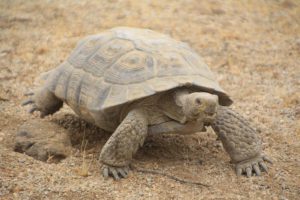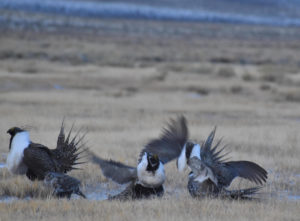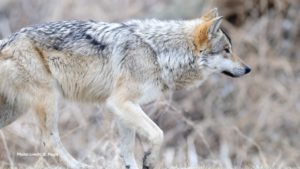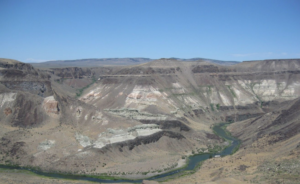For Immediate Release
December 7, 2017
Contact:
Greta Anderson, Western Watersheds Project, (520) 623-1878; greta@westernwatersheds.org
Dave Bahr, Bahr Law Offices PC, (541) 556-6439; davebahr@mindspring.com
Lawsuit Digs into Taxpayer-Subsidized Grazing Projects in the Gila Box
Group Files Suit to Uncover Withheld Public Documents
TUCSON, Ariz, – Western Watersheds Project (WWP) filed suit today in federal court to compel the Bureau of Land Management (BLM) to release withheld public documents relating to a controversial livestock watering facility and grazing permit renewal on public lands of the Twin C allotment in the Gila Box Riparian National Conservation Area of southeastern Arizona. Western Watersheds Project had sought records relating to the BLM’s failure to consider effects of the proposed projects on important riparian habitats along the northern boundary of the allotment.
“The Twin C livestock well is going to cost the taxpayers more than $100,000 and enable livestock grazing on these public lands, so we think the public has a right to know what is going on with this boondoggle,” said Greta Anderson of Western Watersheds Project. “Maps of the area show the Gila River both inside and outside of the boundary of the allotment, and WWP was seeking information about the current conditions of those habitats. Instead, BLM withheld 1900 of 3000 documents, undermining transparency.”
Western Watersheds Project stopped the project in January of 2017 when an administrative law judge ruled that there were “serious questions” about whether the BLM was in compliance with riparian-wetland standards when approving the well and related livestock grazing. In May of 2017, WWP filed a Freedom of Information Act (FOIA) request to get the latest rangeland health conditions, records of livestock trespass on the grazing lease, and other information. The BLM provided only some of the documents, withholding in their entirety nearly two-thirds of responsive records.
“FOIA is the keystone law protecting the public’s right to know what goes on inside government agencies.” said Dave Bahr, an attorney representing WWP in the case, “The taxpayers are footing the bill for the private use of this public property and when the government withholds these kinds of documents, it makes you wonder what they‘re trying to cover up.”
The Gila Box Riparian National Conservation Area was set aside for its outstanding river-bottom plant diversity, richness of birds, and canyon landscapes. Livestock are known to have especially heavy impacts on riparian ecology, because cattle concentrate their grazing and trampling in rich, ecologically productive bottomland areas. While livestock are officially excluded from the Gila River corridor, allotment boundaries still span the riparian area and livestock grazing impacts like upland erosion still affect habitat conditions, and thus rangeland health of these public lands should be assessed before renewing livestock grazing permits or adding infrastructure to support grazing operations.
“It’s appalling that BLM is arguing that they don’t have to consider livestock impacts to one of only two nationally-designated Riparian National Conservation Areas, and then hiding documents that might reveal their rationale or other information about the floodplains,” said Anderson. “The riparian conditions are one of only three standards that must be met to conform with rangeland “health” in Arizona; the BLM is utterly denying that it needs to even assess this here and hiding any information to the contrary from the public.”
The lawsuit was brought over the failure to disclose the public’s documents and the failure to respond to WWP’s administrative appeal under the FOIA. It can be read online here.
###

